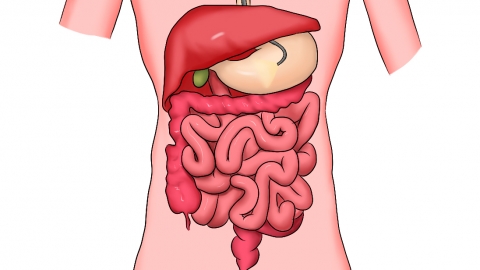What pathogenic bacteria may be present in stool?
Under normal circumstances, feces may contain pathogenic bacteria such as Clostridium difficile, Salmonella, Shigella, Vibrio cholerae, and Staphylococcus aureus. Detailed analysis is as follows:

1. Clostridium difficile
Clostridium difficile usually exists in small amounts in the intestines of healthy individuals. However, when the normal intestinal flora is disrupted by antibiotics, Clostridium difficile may overgrow and cause severe diarrhea.
2. Salmonella
Although Salmonella infection may cause only mild symptoms in healthy adults, it can lead to severe illness in children, the elderly, and individuals with weakened immune systems.
3. Shigella
Shigella typically causes bacterial dysentery and is generally transmitted through contaminated food or water. It may lead to more severe consequences in individuals with compromised immunity.
4. Vibrio cholerae
Cholera is a highly contagious disease with a short incubation period and high mortality rate. Vibrio cholerae is primarily transmitted through contaminated water or food, causing severe diarrhea, vomiting, dehydration, and other symptoms in affected individuals.
5. Staphylococcus aureus
When the body's resistance is low or immunosuppressive drugs are used long-term, Staphylococcus aureus can become an intestinal pathogen, causing symptoms such as abdominal pain and diarrhea.
It is recommended to maintain good personal hygiene habits in daily life, such as frequent handwashing, safe food preparation and storage, which can help prevent infections caused by intestinal pathogens.





